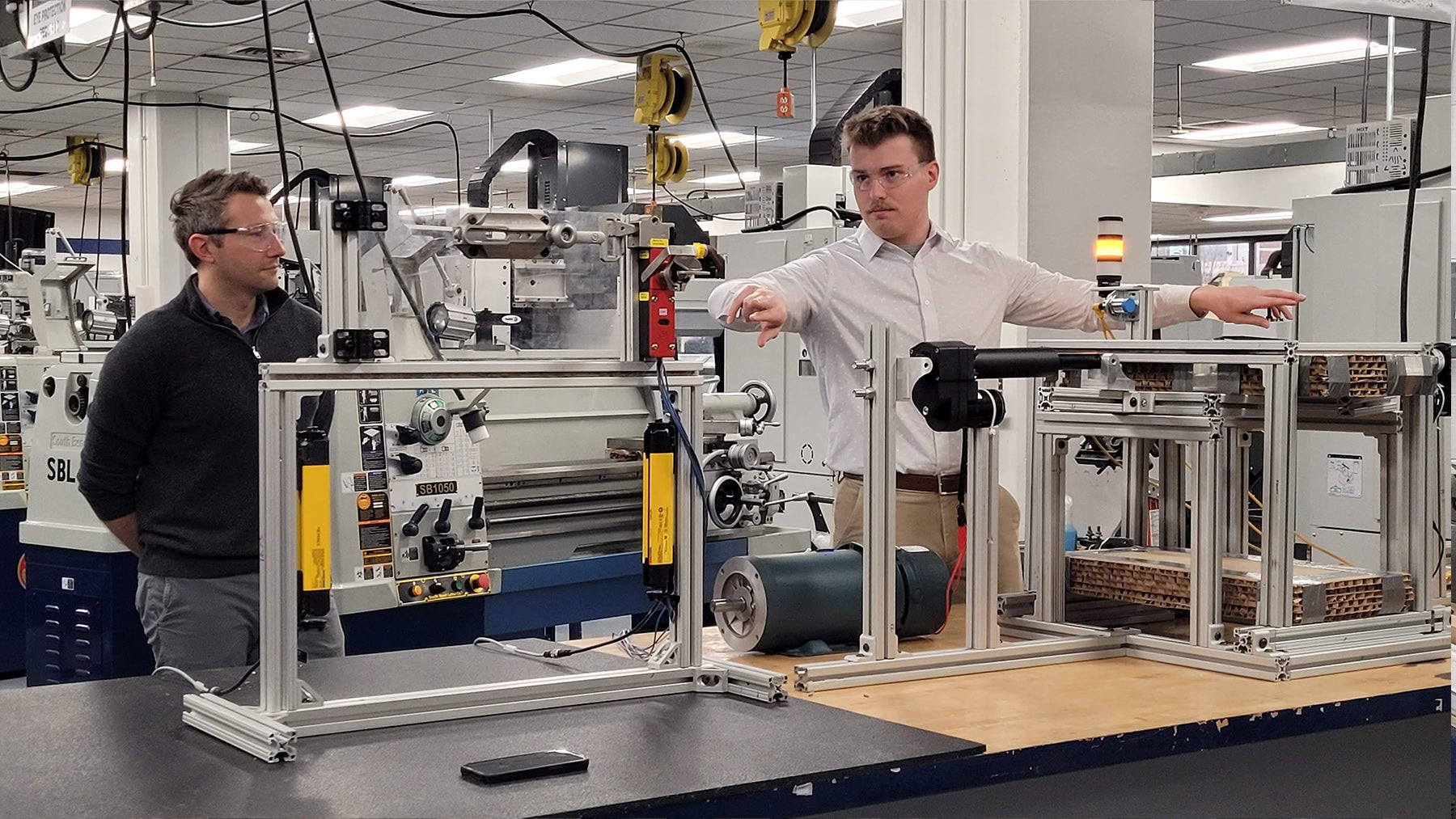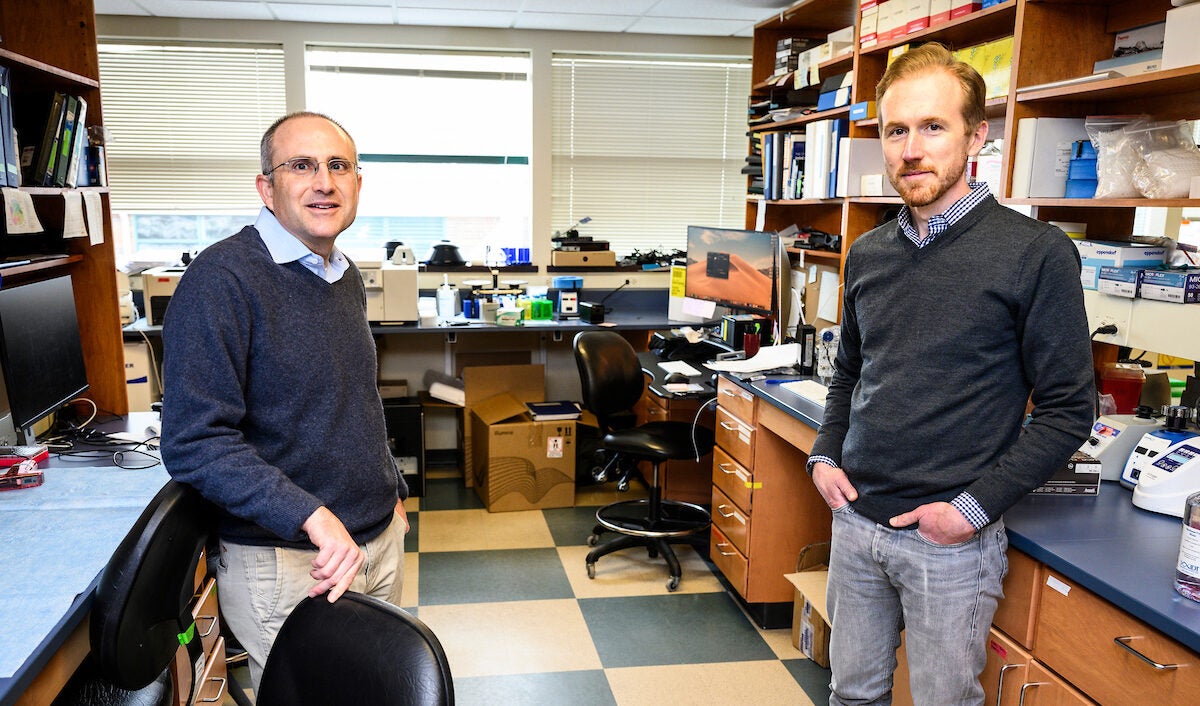Student scientists deal with data every day. But they may not be getting the most important information they need: how to start a career in the biomedical field.
Now some research universities, including the University of Wisconsin-Madison, are working to be more upfront about job prospects, particularly in the academic arena.
Biomedical students seeking tenure-track positions far exceed those available. It’s an issue of supply and demand that short circuits some career aspirations.
News with a little more humanity
WPR’s “Wisconsin Today” newsletter keeps you connected to the state you love without feeling overwhelmed. No paywall. No agenda. No corporate filter.
“We want our students to have a clear understanding of where their training is likely to take them and the many careers where they can use their skills outside of a traditional faculty position,” said UW-Madison Chancellor Rebecca Blank.
Blank co-authored an article in the Dec. 15 issue of the journal Science with presidents and chancellors of nine other institutions including John Hopkins University, Cornell University, Duke University and the Massachusetts Institute of Technology.
Authors noted that only 10 percent of biomedical students get tenure-track faculty positions at institutions in the United States within five years of earning their doctorate. This is in part due to a decline in federal funding that has limited hiring by universities and other nonprofit research institutions.
“Ph.D. recipients in the biomedical sciences have always found employment,” UW-Madison Graduate School Dean William Karpus told WPR on Friday. “But the big question has been is it the position they had desired or had accumulated enough skills in which to be successful? Or is it an underemployed situation, if you will,” he said.
The effort by the coalition of research universities aims to make biomedical students aware of broader career choices, beyond faculty positions at universities. For instance in industry, government and science communication.
In February, the institutions will post data on graduate school admissions, how many students graduate, how long it take to do so, and the median time in postdoctoral status. Revealing this information might put some institutions at a competitive disadvantage in attracting and retaining students.
“I think that is a big concern among a number of institutions across the country,” said Karpus, who will lead the data-sharing project at UW-Madison.
He said for the past three years, UW-Madison has put admissions, graduation and degree completion rates for a various fields of study on its website. The University of Michigan has also disclosed that information.
However, this latest effort aims to be more specific and include more relevant career information for those in the life sciences. Currently many institutions only report what sector graduate students get jobs in: education, government, nonprofit, private, self-employed or other.
“And that’s not very informative to prospective students or existing graduate students. So what this coalition wants to accomplish is to distill that down to a career landing in a more fine point in terms of sector, career type and job function, so that prospective graduate students would know if I go into a program, for instance, in biochemistry at UW-Madison, here’s where their graduates end up. It gives them much more information,” said Karpus.
The coalition also wants to expand data on postdoctoral fellows as well. Karpus said at this point almost no institution in the U.S. makes that information public.
Wisconsin Public Radio, © Copyright 2026, Board of Regents of the University of Wisconsin System and Wisconsin Educational Communications Board.







